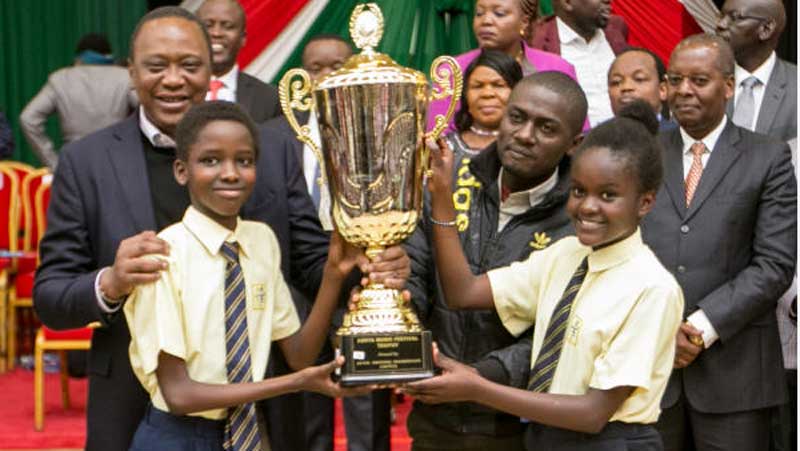×
The Standard e-Paper
Join Thousands Daily

The government has made two major concessions to win over the 312,060 teachers and avert a looming strikeplanned for next month when schools open for third term.
Teachers Service Commission (TSC) has yielded to pressure from unions to review performance appraisal tools, weakening one of the major pillars the Kenya National Union of Teachers (Knut) is fronting to push mass action.